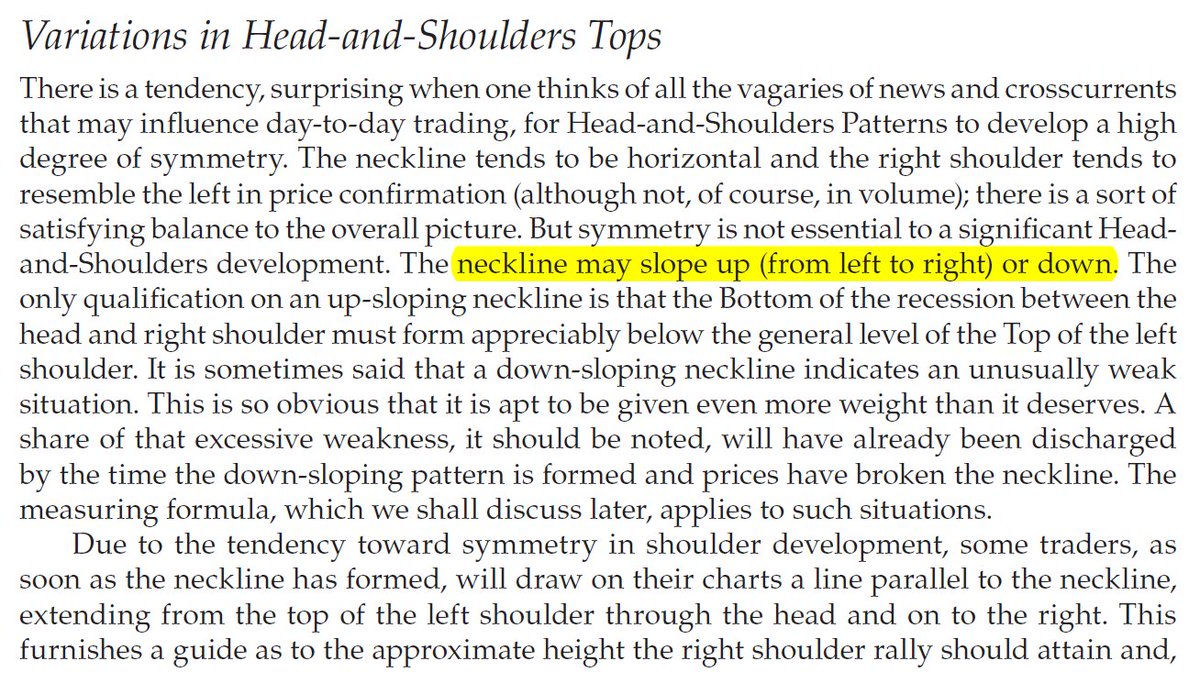Let's start with ** BOOKS **
1) The Intelligent Investor - Ben Graham :
Classic book, suggested by investors all over the world. Start with this book.
2) One up on Wall Street
Peter Lynch covers his strategies to find 10 baggers, and describes how an average Joe can do as well as the pros with simple methods and rock solid discipline and consistency backing it.
3) Common Stocks Uncommon Profits
This is a Phil Fisher classic.
It's on the other end of the spectrum as the book dives into a deep qualitative approach in value investing rather than being fully quantitative like Ben Graham's.
4) Security Analysis
Another book by Ben Graham that dives deep into analysing and understanding the valuations of any company you pick up to study.
5) The most important thing
This is one of the best investment books, coming from Howard Marks who has made his career making billions for his investors by trying to be slightly better than the average, and following timeless investing wisdom.
This book covers the role of economic cycles in the markets and how you can position yourself with that knowledge in the world of investing.
6) The Essays of Warren Buffett : Lessons for Corporate America -
All of Warren's essays compiled together in a sequential fashion.
This is a treasuretrove of wisdom, as you get to see how Warren has progressed over years and his wisdom transcending generations of investors.
7) Howard Marks Memos :
For years, Howard Marks has been putting out quality advice through his Oaktree Capital investor memos.
These combined with Warren's annual letters form an amazing combination of getting into the headspace of two brilliant investors of our generation.
8) The little book that beats the market:
This book by Joel Greenblatt is quite small, a no-nonsense book that really distills investing down to the barebone essentials and this method has worked (continues to work) in the stock markets.
I can keep adding several more books to this list.
But I believe that these eight are enough for you to learn investing theoretically and practically, and the best thing to do after reading these is to start applying what you learnt, in your analysis and research.
Moving on, the following are the best ** YOUTUBE CHANNELS ** related to investing and personal finance.
1) [Preston Pysh](https://t.co/DQIIP7TMj9)
Started the We Study Billionaires podcast, and covers Buffett style investing and Graham & Doddsville investors.
2) [Option Alpha](https://t.co/Iz5qsDqiwL)
This is the Option Alpha channel - focuses predominantly on Options.
As investors, it's a very valuable skill to have, to know the ins and outs of options so that you can protect your portfolio come hell or high water.
3) [The Swedish Investor](https://t.co/YEu1u4elZy)
This channel covers takeaways from investing books, and profiles several legendary investors.
4) [Graham Stephan](https://t.co/7FJmcWpjZx)
This is one of my favorites. He's a damn good, level headed, sensible guy who talks common sense investing and diversification. My favorite because he mixes humor in most of his commentaries and explanations about things.
5) [PPFAS Fund Channel](https://t.co/d5Ul2S1TMO)
This is very underrated. Mr. Parikh's legacy is in this channel.
PPFAS annual meetings and regular investor meetings are uploaded here.
6) [Mohnish Pabrai](https://t.co/TcQEXkgl7p)
Mohnish is absolutely one of my favorite investors from India.
He rarely posts, but when he does post, it's usually one of his lectures or discussions with someone, and there's a lot of wisdom to take from them.
7) [Ivey Business School](https://t.co/Ppy9zLVEye)
The keynote lectures and annual conferences posted here are worth their time in gold for those interested in value investing.
8) [Aswath Damodaran](https://t.co/E8etj6uSlB)
Famously called the Dean of Valuation, he's hands down the best guy you should learn Valuation and Corporate Finance from.
He's made his NYU class lectures available along with homework, assignments, etc., on his youtube channel.
9) [Whiteboard Finance](https://t.co/W0Ifrfb4fb)
Common sense personal finance videos is this guy's forte.
10) [UKSpreadBetting](https://t.co/lrX2C4PQwQ)
This one is not about investing, but about trading for most part, but one of the best channels to also learn about the other side of the coin.
I have seen several investing and personal finance related channels and the ones listed above are my personal best recommendations.
Moving on, let's look at some of the best and most useful websites for investors.
1) [Warren Buffett Archive](https://t.co/TzFvLOJWIB)
This is truly an archive of Warren Buffett's work over the years.
From videos, clips of him spitting timeless advice, to his speeches, his annual letters, you can find everything there.
2) [Safal Niveshak](https://t.co/zRCUL99sED)
One of the best website hands down for beginners to go through and devour, when you start in the field of investing.
Concepts are made into simple digestible chunks and it's a breeze to learn from.
3) [Value Pickr](https://t.co/BwqDyxUVCo)
This is an incrediby useful forum for investing, with a strong community around it.
I picked up a lot of insights about companies I was researching on, from this website's discussion forum.
4) [Howard Marks Memos](https://t.co/DG6bh431er)
This is a collection of all the memos that Howard Marks has written since the early 1990s.
5) [Reddit Investing Community](https://t.co/edvdASaX5V)
This is not WallStreetBets. This is a community where serious investing discussions take place. Lot of times, you can find some very good information about companies you're researching on, here.
6) [Seeking Alpha](https://t.co/SzqIQmAXGk)
This is a damn good blog on investing and trading altogether.
I personally love this website and the opinion pieces they write, and their pieces on market updates. Truly one of the best blogs to follow.
7) [AlphaIdeas](https://t.co/0w4VBaVyoJ)
An Indian blog, curating the best of financial market updates from all over the world, focused more towards the Indian market.
I have learnt so much from this blog and the brilliant curation that's being done in it. Bookmark worthy!
8) [StockTwits](https://t.co/27rEmLzdZF)
This is a social media for investing.
You can see updates about stocks in Facebook feed style from different investors around the world.
You get to receive information first hand as a participant in this social media-ish website.
9) Morningstar India (
https://t.co/pDJiak6imE) -
This website, combined with [ValueResearchOnline](https://t.co/oqakyn0pN9) are both very good sources of fundamental information and market updates.
Way better than moneycontrol any day.
Now, the list would be incomplete without talking about few twitter profiles that contribute to the investor community so much.
1)
@10kDiver - His deep dives on investing related topics is brilliant.
It's a crime not to follow him.
2)
@borrowed_ideas - Fundamentals guy, does a deep dive on one company per month, and it's very thorough and neat.
3)
@sweatystartup - Lots to take away from this guy in terms of wisdom regarding the market, business, life.
4)
@dollarsanddata - Data backed insights in the world of personal finance and investments.
5)
@Post_Market - Level headed investment insights and psychology.
6)
@iancassel - Everything small and microcap investing.
7)
@Gautam_Baid - his book is damn good, and he consistently tweets investing wisdom (and some times ideas also).
8)
@mjmauboussin - Very good account for tweets on behavioral aspect of investing and on mental models.
9)
@FreeFinCal - Data driven insights on stocks, mutual funds, etc.
10)
@IndiaETFs - Neatly compiled data on Indian ETFs, Index Funds, and Mutual Funds. Check their pinned tweet for more details.
11)
@varinder_bansal - Purely indian market focused, consistently tweets out very good information on stocks, sectoral analysis, cyclicals, etc.
12)
@nishkumar1977 - The only technical analyst I follow.
Somehow he gets the exact levels, exact timing, exact points of breakouts, reversals, market pauses, etc., and I don't even know how.
This guy is a technical analyst I'd suggest as a **MUST-FOLLOW** account.
Finally, to end this thread, I'll share some of the best stock market screeners I have found/use.
These screeners are the best of all screeners and fundamental information platforms available on the web.
1)
https://t.co/UTnEIdUOln - the one that we all know.
It has data of almost all the currently listed companies for the last 10 to 12 years, with filtering/querying capabilities.
Good user experience, minimal and no-nonsense platform.


